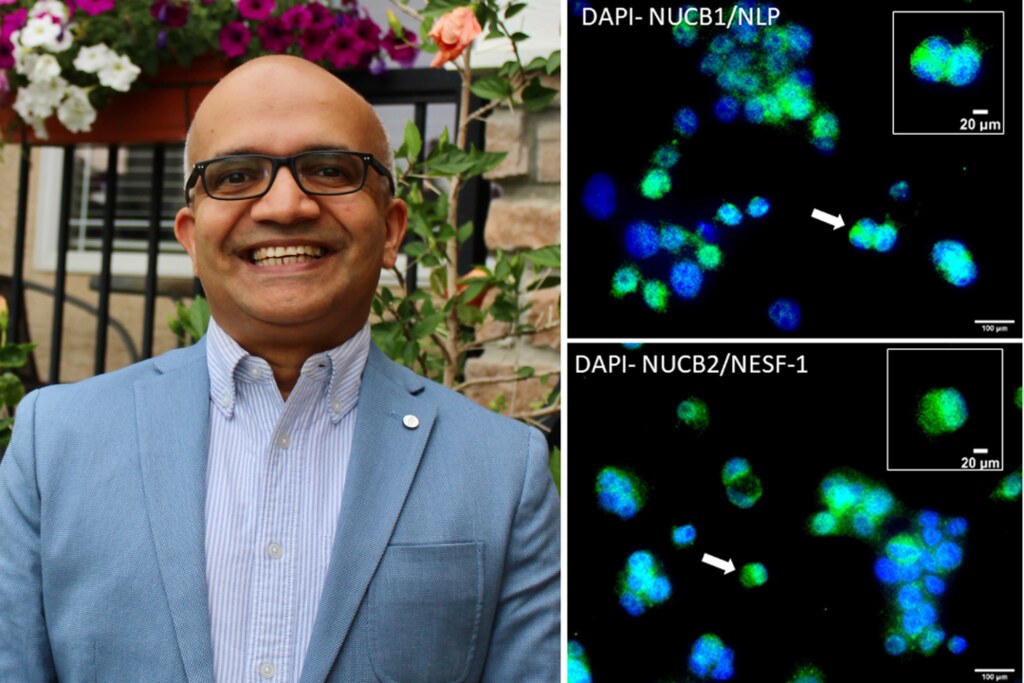USask Researchers Make Breakthrough Discovery in Metabolic Disease Treatment
A recent study conducted by researchers at the University of Saskatchewan (USask) has identified a promising protein candidate for the treatment of metabolic diseases. The study, published in Nature Communications Biology, revealed the lipid-lowering effects of nesfatin-1-like peptide (NLP), a newly discovered protein closely related to nesfatin-1 (NESF-1) which regulates feed intake and body weight.
Dr. Suraj Unniappan, a member of the research team and a professor at the Western College of Veterinary Medicine, emphasized the significance of this discovery in the field of endocrinology. The study found that both NESF-1 and NLP can lower lipid accumulation in human liver cells, offering new potential targets for the treatment of metabolic diseases such as non-alcoholic fatty liver disease.
New Hope for Metabolic Disease Treatment
Metabolic diseases, including non-alcoholic fatty liver disease, affect a significant portion of the population with limited treatment options available. The discovery of NLP’s lipid-lowering capabilities opens up new possibilities for therapeutic advancements in the treatment of metabolic disorders. While more research is needed before these findings can be translated into clinical applications, the study provides a promising avenue for future treatment options.
Potential Impact on Human and Animal Health
The research team’s findings have the potential to benefit both human and animal patients suffering from metabolic disorders. By exploring the effects of NLP in more complex animal models and eventually in larger animals such as cats and dogs, researchers hope to develop new treatment strategies that can address the growing prevalence of obesity and related metabolic conditions. The study was supported by the Canadian Institutes of Health Research and highlights the importance of ongoing research in the field of metabolic disease treatment.





















